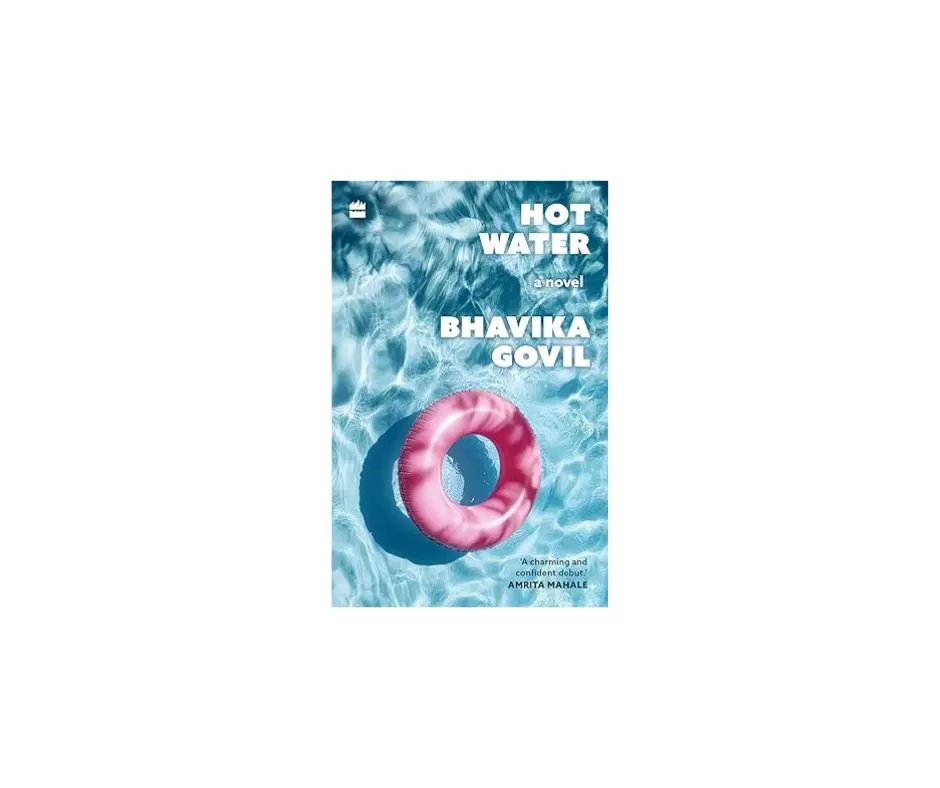Book Review | In The Shallows Of Family Secrets
Even as Govil sensitively renders the inner life of these characters, the orbit of their every day is left unrealised

We begin the novel as if underwater. Rendered in italics, a prologue introduces us to an unnamed character describing, in the first person, the experience of being unable to lift her own child: the infant boy weighing her to the floor, leaving her miserable — gasping for air. The reader is plunged into the psyche of this unnamed character, these black and white stills, only to encounter, on the very next page, the syrupy sweet voice of an eight-year-old child: “When I asked Ma why volcanoes erupt, she told me they had a tummy ache and had to belch all the lava out, thick and hot and molten.”
In due course, we recognise the prologue as the voice of Leela — a young single mother to eight-year-old Mira and her teenaged, closeted brother Ashu. Hot Water follows this family of three over a summer, moving between the voices of the two children, intercut with flashbacks from their mother’s past. Govil lays out the plot as something of a mystery-box, leaving gaps in context, largely to do with Leela’s past, for the reader to fill in. The water takes some time to warm. The early sections of this book largely centre Mira across swimming lessons and a trip to an ancestral farmhouse; meanwhile Ashu smokes cigarettes at school and begins to develop an altogether unprecedented vocabulary of love and longing.
Yet this is a novel told largely in extreme close-ups. Even as Govil sensitively renders the inner life of these characters, the orbit of their every day is left unrealised. The novel is set in an unnamed north-Indian town we only recognise as not-Delhi; the characters and locations that follow suffer from a similar definition through negation. Time, characters, locations, are all left suspended in an indolent haze.
The slackness of the novel’s dialogue and movement is often bailed out by Govil’s flair for description. In some places, this works beautifully: Mira describes black splotches moving across her mother’s face as she gets ready in front of a pockmarked mirror. In others, the child comes across as a bad-simile machine, her voice straining to lift the darkness of the other two.
It is her mother’s voice that leaves most to be desired. Told as first-person flashbacks, the author compresses years into short bursts of confessional description, betraying an obstinate proclivity towards telling and not showing. “Trauma,” writes the critic Parul Sehgal in her essay, “trumps all other identities, evacuates personality, remakes it in its own image.” Even as Leela’s sections establish a cause-and-effect to her actions, delivering compelling nuggets of context and revelation, they render opaque the much more compelling story of her entanglements with love, sex and loss.
Yet in Ashu’s story, the lightness with which it is realised yet also the bravery of its conclusion, one also encounters a writer of considerable perception and grace. Its flaws notwithstanding, Hot Water remains deeply affecting in not just the proximity it offers the reader to its two young characters but also the mottled dawn it leads them into.
Hot Water
Bhavika Govil
HarperCollins
pp. 256, Rs 599
